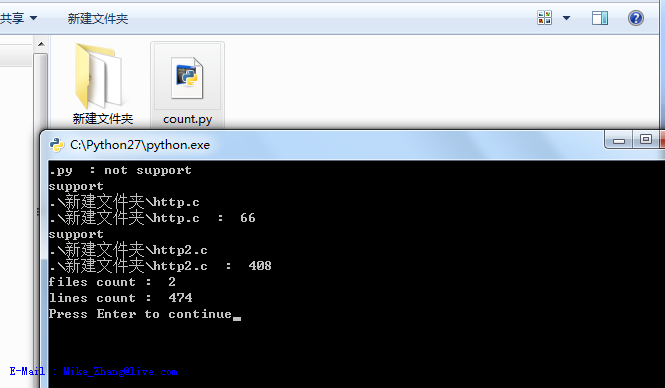python实现提取百度搜索结果的方法
本文实例讲述了python实现提取百度搜索结果的方法。分享给大家供大家参考。具体实现方法如下:
# coding=utf8
import urllib2
import string
import urllib
import re
import random
#设置多个user_agents,防止百度限制IP
user_agents = ['Mozilla/5.0 (Windows NT 6.1; WOW64; rv:23.0) Gecko/20130406 Firefox/23.0', \
'Mozilla/5.0 (Windows NT 6.1; WOW64; rv:18.0) Gecko/20100101 Firefox/18.0', \
'Mozilla/5.0 (Windows; U; Windows NT 6.1; en-US) AppleWebKit/533+ \
(KHTML, like Gecko) Element Browser 5.0', \
'IBM WebExplorer /v0.94', 'Galaxy/1.0 [en] (Mac OS X 10.5.6; U; en)', \
'Mozilla/5.0 (compatible; MSIE 10.0; Windows NT 6.1; WOW64; Trident/6.0)', \
'Opera/9.80 (Windows NT 6.0) Presto/2.12.388 Version/12.14', \
'Mozilla/5.0 (iPad; CPU OS 6_0 like Mac OS X) AppleWebKit/536.26 (KHTML, like Gecko) \
Version/6.0 Mobile/10A5355d Safari/8536.25', \
'Mozilla/5.0 (Windows NT 6.1) AppleWebKit/537.36 (KHTML, like Gecko) \
Chrome/28.0.1468.0 Safari/537.36', \
'Mozilla/5.0 (compatible; MSIE 9.0; Windows NT 6.0; Trident/5.0; TheWorld)']
def baidu_search(keyword,pn):
p= {'wd': keyword}
res=urllib2.urlopen(("http://www.baidu.com/s?"+urllib.urlencode(p)+"&pn={0}&cl=3&rn=100").format(pn))
html=res.read()
return html
def getList(regex,text):
arr = []
res = re.findall(regex, text)
if res:
for r in res:
arr.append(r)
return arr
def getMatch(regex,text):
res = re.findall(regex, text)
if res:
return res[0]
return ""
def clearTag(text):
p = re.compile(u'<[^>]+>')
retval = p.sub("",text)
return retval
def geturl(keyword):
for page in range(10):
pn=page*100+1
html = baidu_search(keyword,pn)
content = unicode(html, 'utf-8','ignore')
arrList = getList(u"<table.*?class=\"result\".*?>.*?<\/a>", content)
for item in arrList:
regex = u"<h3.*?class=\"t\".*?><a.*?href=\"(.*?)\".*?>(.*?)<\/a>"
link = getMatch(regex,item)
url = link[0]
#获取标题
#title = clearTag(link[1]).encode('utf8')
try:
domain=urllib2.Request(url)
r=random.randint(0,11)
domain.add_header('User-agent', user_agents[r])
domain.add_header('connection','keep-alive')
response=urllib2.urlopen(domain)
uri=response.geturl()
print uri
except:
continue
if __name__=='__main__':
geturl('python')
希望本文所述对大家的Python程序设计有所帮助。


